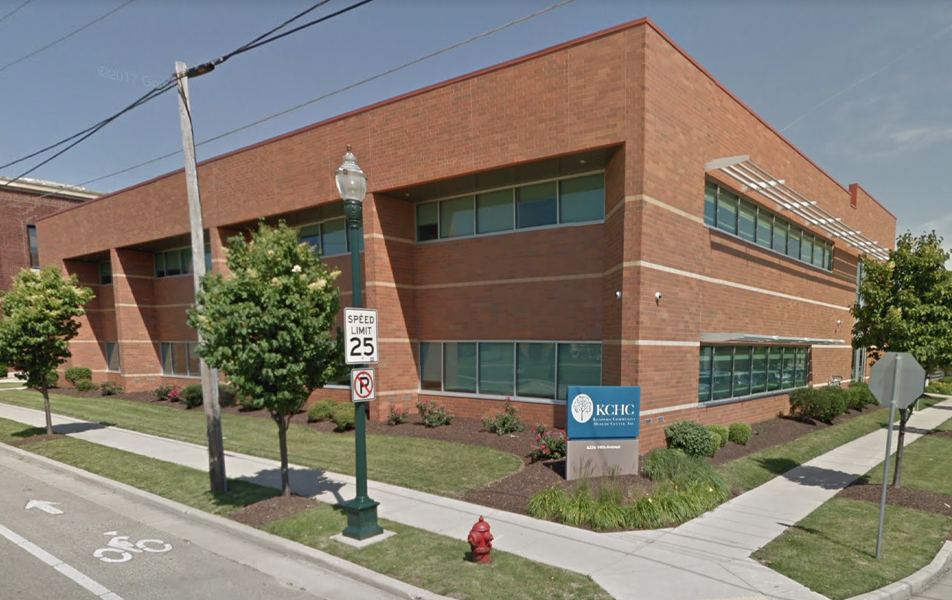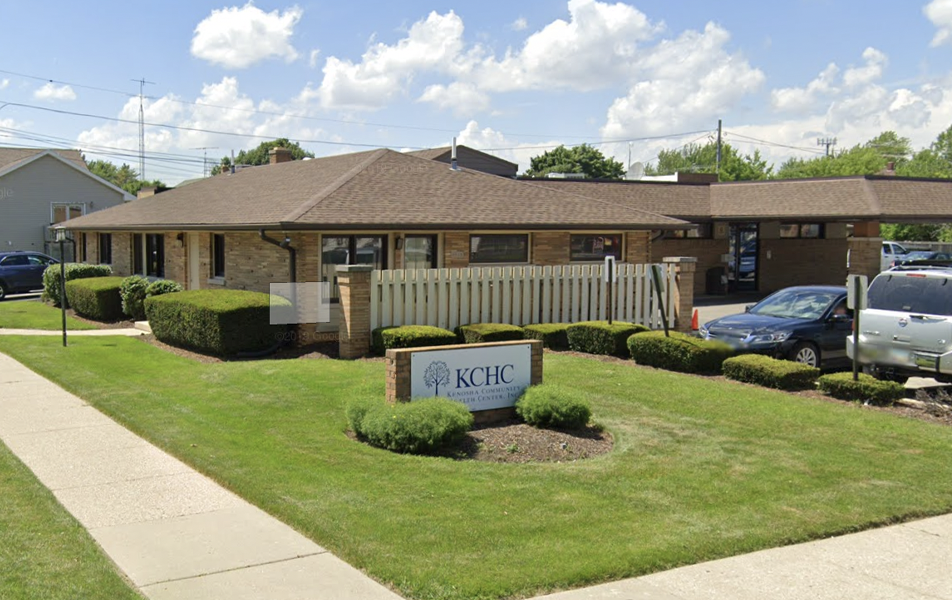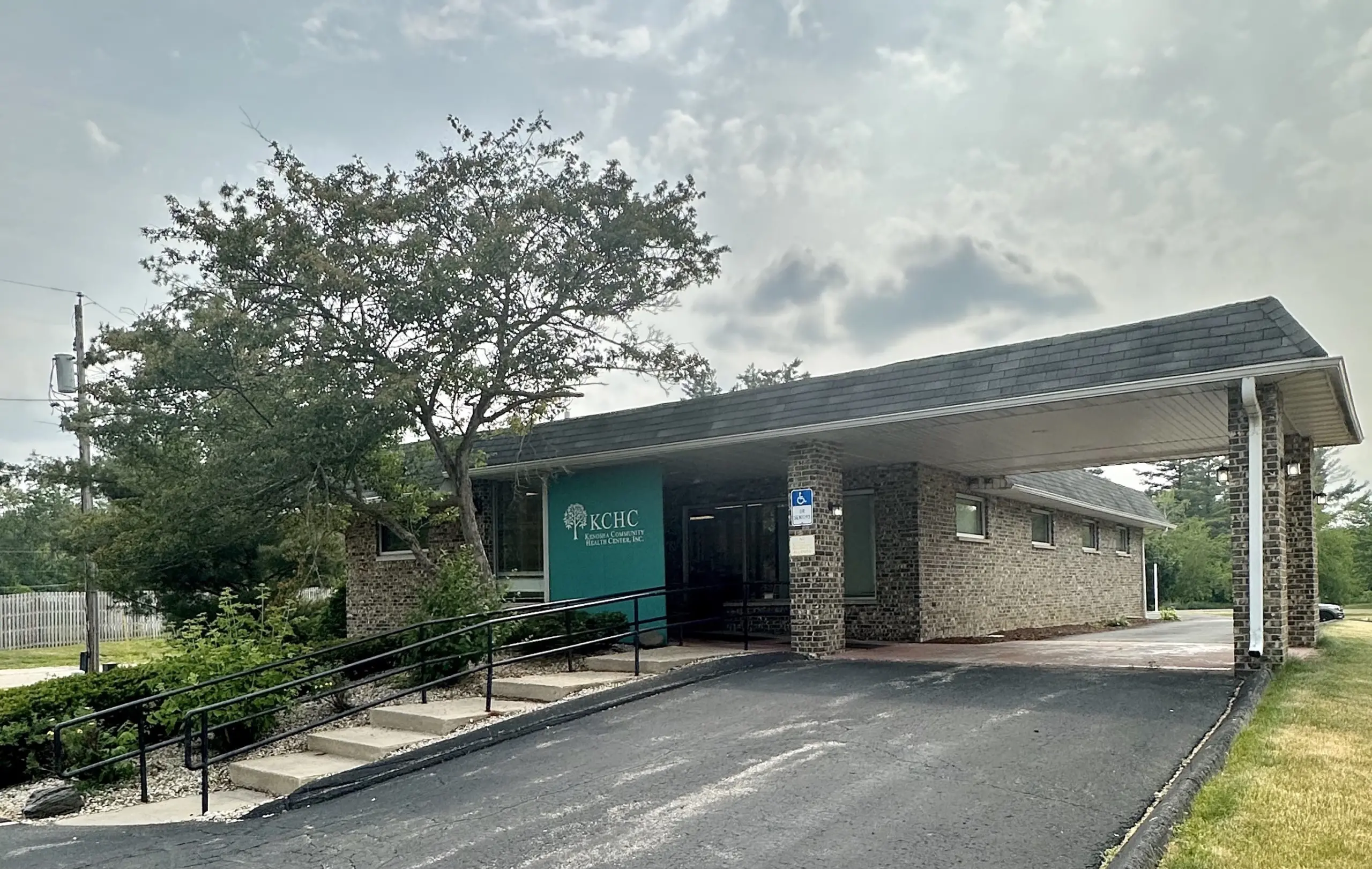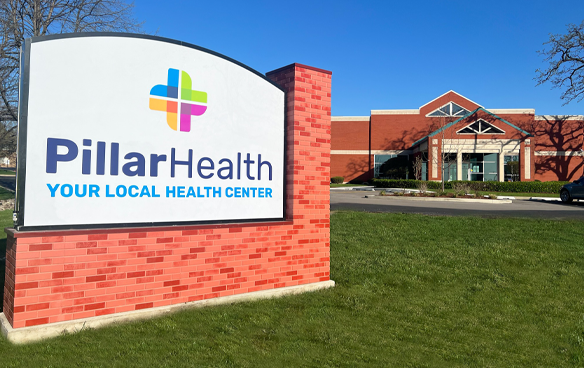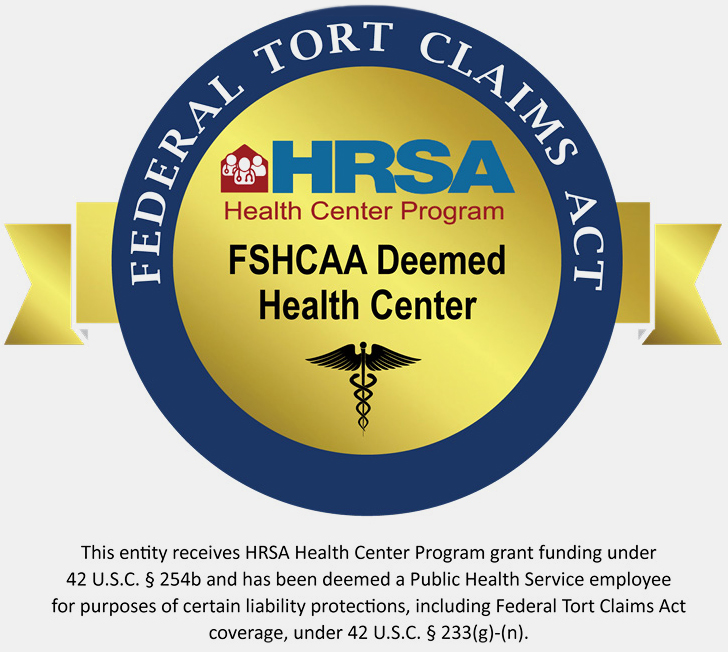March is National Colorectal Cancer Awareness month and the team at the Kenosha Community Health Center is joining in the effort to educate and inform our patients. Unlike some other types of cancers, colorectal cancer (CRC) can go undetected for months or years. Some patients exhibit symptoms while others show no outward signs of the disease. Symptoms that can occur include:
- A change in bowel habits that lasts for more than a few days
- A feeling that you need to have a bowel movement that’s not relieved by having one
- Rectal bleeding with bright red blood
- Blood in the stool
- Cramping or abdominal pain
- Weakness and fatigue
- Unintended weight loss
Screening is the process of looking for cancer in individuals who have no symptoms. Several tests can be used; these tests can be divided into 2 main groups:
- Stool-based tests: These tests check the stool (feces) for signs of cancer. These tests are less invasive and easier to have done, but they need to be done more often.
- Visual/structural exams: These tests look at the structure of the colon and rectum for any abnormal areas. This is done either with a scope (a thin, tube-like instrument with a small light and video camera on the end) or with special imaging/x-ray tests.
Colorectal cancer is the third leading cause of cancer-related deaths in men and women in the United States. More than 50,000 deaths attributed to colorectal cancer are expected in 2019. But progress is being made: there has been a push for more awareness and more screenings are being done. These screenings can lead to earlier detection of polyps and better treatment options. As a result, there are currently more than one million survivors of colorectal cancer in the U.S. Despite these positive statistics, however, death rates from cancer continue to be higher in African Americans than non-Hispanic whites. KCHC provides stool-based tests at our locations.
Contact us at 262-221-9493 today to schedule your appointment.
We can also assist you with locating a specialist who performs colonoscopies. For more resources and information on National Colorectal Cancer Awareness month, visit www.cancer.org.
KNOW THE RISKS
Risk factors for acquiring colorectal cancer include obesity, lack of physical activity, smoking, a diet heavy with red meat, heavy alcohol usage, and a family history of CRC. That’s why CRC screenings-and a healthy, active lifestyle-are so important. The American Cancer Society recommends that people at average risk of colorectal cancer start regular screenings at age 50.
Do not wait to schedule your appointment.
Kenosha Community Health Center has many appointment options in Kenosha and Silver Lake to meet your needs.
Schedule An Appointment

